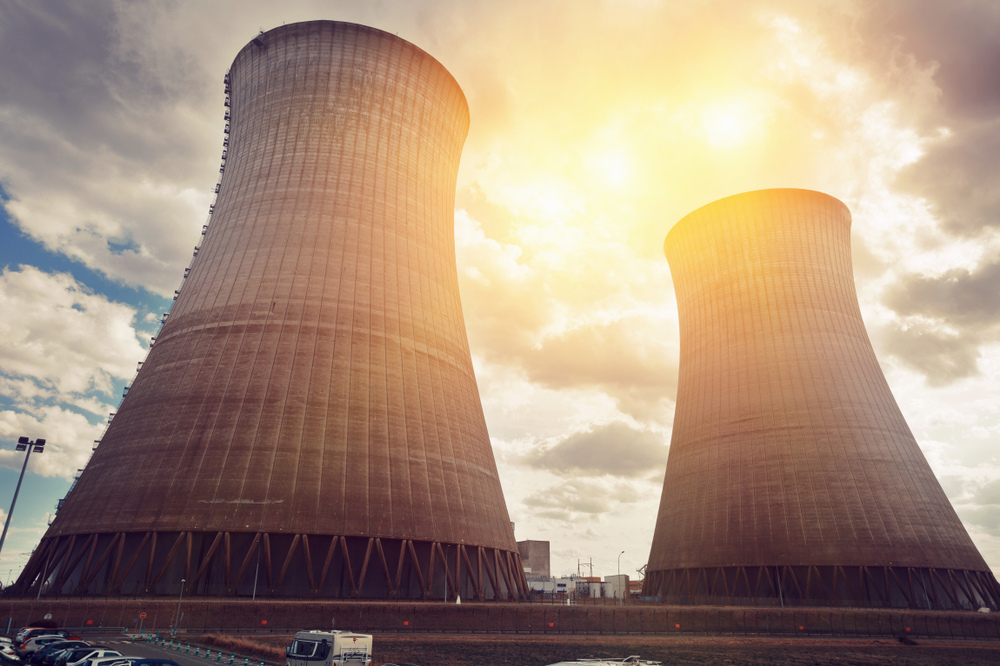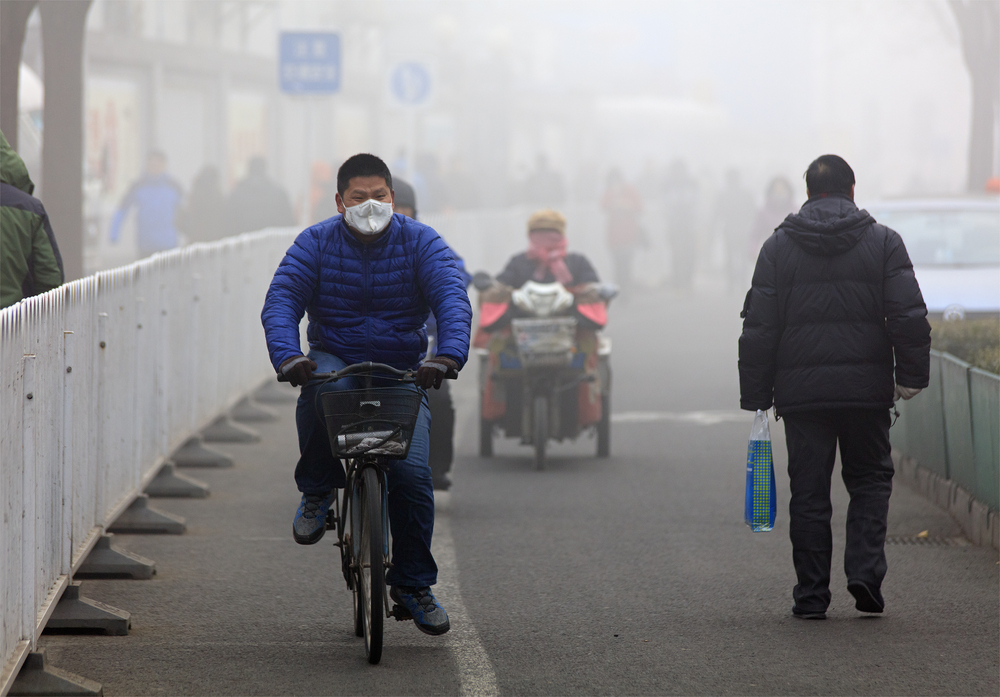RIYADH: The global environmental, social, and governance sukuk market saw significant growth in the first half of 2024 – rising 41 percent year-on-year to reach $43 billion, according to Fitch.
Data from the credit rating agency indicates that this growth underscores the increasing interest and dedication of governments and issuers to sustainable finance.
By the end of 2023, outstanding ESG sukuk expanded by 56.8 percent year-on-year to reach $36.1 billion globally, with 66.2 percent denominated in hard currency, primarily US dollars.
The instrument, also known as green sukuk, is a Shariah-compliant financial tool in which issuers use the proceeds solely to finance investments in renewable energy or other environmental assets.
Market dynamics and forecasts
Despite the robust growth in the first half of this year, Fitch Ratings anticipated a slowdown in ESG sukuk issuance in the third quarter of 2024. This expected deceleration aligns with the typical seasonality observed in the global bonds environment.
However, the market is predicted to regain momentum in the fourth quarter of 2024.
“The medium-term growth potential for ESG debt issuance remains promising,” Fitch said.
This optimism is underpinned by the increasing governmental commitments to sustainability and the efforts of issuers to meet green mandates and diversify their funding sources.
Nevertheless, the adoption of ESG debt in emerging markets remains at a nascent stage compared to developed markets.
Fitch Ratings also forecasted lower oil prices, with predictions of $80 per barrel in 2024 and $70 per barrel in 2025.
Additionally, expected interest rate cuts in the third quarter of 2024 could contribute to a rise in debt issuance, including green sukuk, over the final three months of 2024 and the first quarter of 2025.
Credit ratings and issuance trends
In the first half of this year, 99 percent of all Fitch-rated green sukuk were investment-grade, demonstrating strong credit quality in this segment.
In 2023, 98.3 percent of those were investment-grade, reflecting strong credit quality, with a significant concentration in the Middle East and Asia.
During the first six months of 2024, Fitch rated approximately 90 percent of the global green sukuk issued in hard currency, totaling $26.1 billion, up 50 percent year-on-year. The majority of these originated from the Middle East, with 78.4 percent, followed by Asia, with 20.3 percent, and Europe, with 1.3 percent.
Saudi Arabia led in ESG sukuk issuance, accounting for 42.7 percent of the Fitch-rated bonds in this area, followed by the UAE at 33.8 percent.
Green bonds in Gulf Cooperation Council countries totaled $18.5 billion, representing 43 percent of the global ESG sukuk market.
By the end of 2023, despite a 4.6 percent decline in new issuance to $10.5 billion, the UAE led with 41 percent of this total, followed by Malaysia, Saudi Arabia, and Indonesia.
Sector-specific developments and recent issuances
In core Islamic finance markets, such as the GCC countries, Malaysia, Indonesia, Turkiye, and Pakistan, ESG sukuk issuance rose by 13 percent year-on-year to reach $6.3 billion at the end of the first half of 2024.
Conversely, non-Shariah compliant ESG bond issuance in these markets saw an annual decline of 34 percent to $7.8 billion, highlighting a shifting preference toward sukuk.
Notable recent issuances include a $600 million green sukuk by Indonesia, $750 million in financial certificates by Emirates Islamic Bank, and $1 billion of sustainable bonds by Al Rajhi Banking and Investment Corp. in Saudi Arabia.
Pakistan is also planning to issue domestic green bonds by December 2024.
Regulatory developments
Regulatory frameworks and initiatives are playing a crucial role in supporting the growth of ESG sukuk.
The Qatar Central Bank recently announced its sustainability strategy for the financial sector, and Saudi Arabia, Malaysia, UAE, and Oman have launched various frameworks and initiatives to foster the development of ESG sukuk and bonds.
























